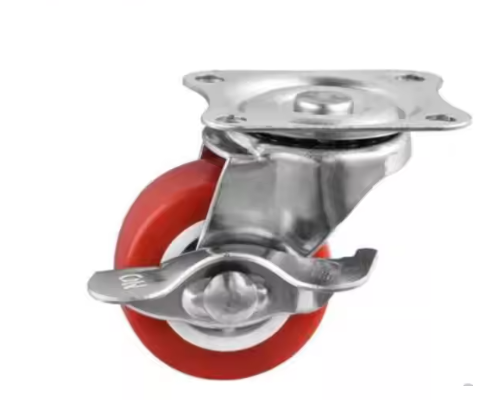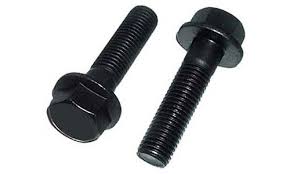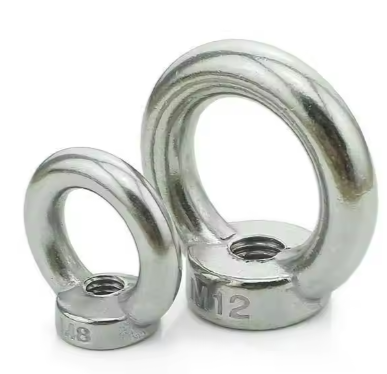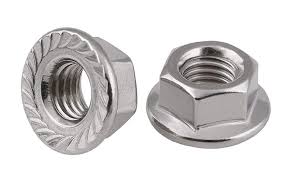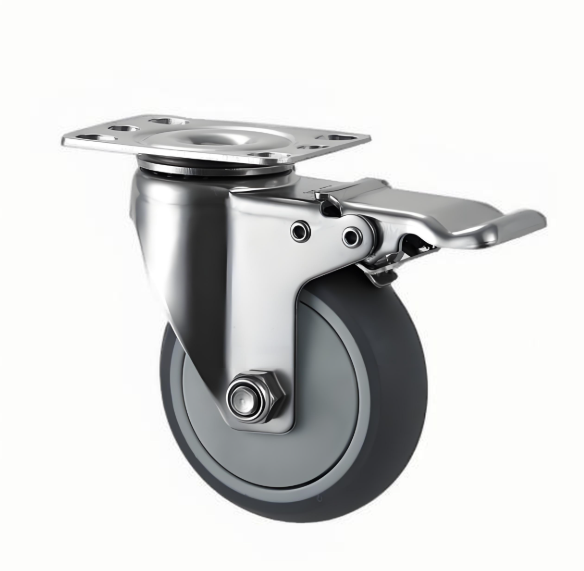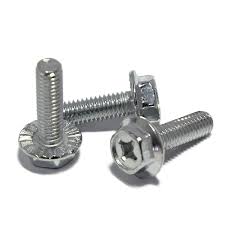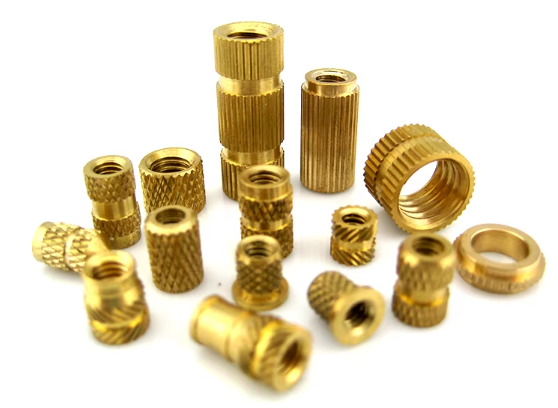

This guide helps businesses navigate the world of clinch nut exporters, offering insights into selecting the right supplier, understanding product specifications, and ensuring quality. We explore key considerations for choosing a reliable partner to meet your clinch nut needs. Learn about different clinch nut types and applications to make informed decisions for your manufacturing process.
Clinch nuts are a type of fastener that is installed by using a specialized tool to clinch or deform the nut's body into the workpiece material. This creates a strong, permanent connection without the need for welding or tapping. They are widely used in various industries due to their speed of installation, reliability, and ability to be used on thin sheet metals.
Various types of clinch nuts exist, each with unique characteristics and applications. These include standard clinch nuts, countersunk clinch nuts, and flanged clinch nuts. The specific type you need will depend on your application's requirements. Factors to consider include material compatibility, load bearing capacity, and the thickness of the workpiece material.
The versatility of clinch nuts makes them ideal for numerous sectors. Common applications include automotive manufacturing, electronics assembly, aerospace engineering, and general sheet metal fabrication. Their ability to create strong, reliable joints in thin materials is particularly beneficial in these applications. Consider the specific requirements of your industry when selecting a clinch nut exporter.
Selecting the right clinch nut exporter is crucial for the success of your project. Key considerations include:
Finding reputable suppliers requires thorough research. Online directories, industry trade shows, and referrals from other businesses can be valuable resources. Always verify the credentials and reputation of any potential supplier before placing an order.
For high-quality clinch nuts and exceptional service, consider Hebei Dewell Metal Products Co., LTD. They are a leading clinch nut exporter committed to providing reliable products and outstanding customer support.
Always specify the required material grade and certifications (e.g., ISO 9001) when ordering clinch nuts. This ensures that the product meets your project's stringent quality and safety requirements.
Many clinch nut exporters offer comprehensive testing and inspection services to ensure product quality. Inquire about the exporter's quality control procedures to assess their commitment to delivering high-quality products.
Clinch nuts offer several advantages, including speed of installation, high strength, and suitability for thin materials. They eliminate the need for welding or tapping, significantly improving efficiency.
The size of the clinch nut should match the size of the screw or bolt you will be using. Consult the manufacturer's specifications for the correct size selection.
Thorough online research, industry directories, and referrals are great ways to find reliable clinch nut exporters. Always verify the credentials and customer reviews before making a purchase.
Selecting the appropriate clinch nut exporter is a critical step in any manufacturing process that utilizes these fasteners. By carefully considering the factors discussed in this guide, you can ensure you choose a supplier that meets your needs for quality, reliability, and service. Remember to prioritize product quality, supplier reliability, and clear communication throughout the process.

